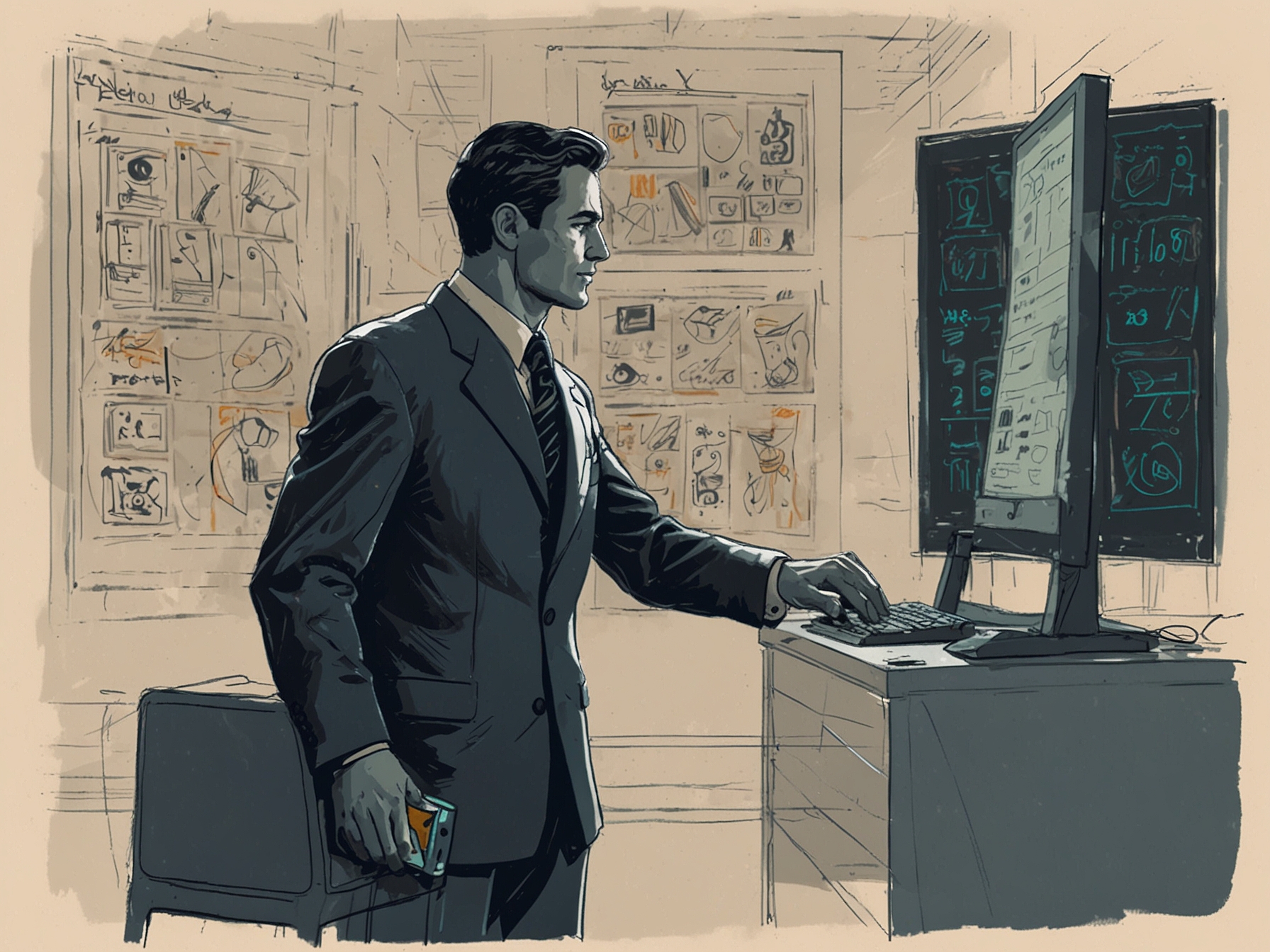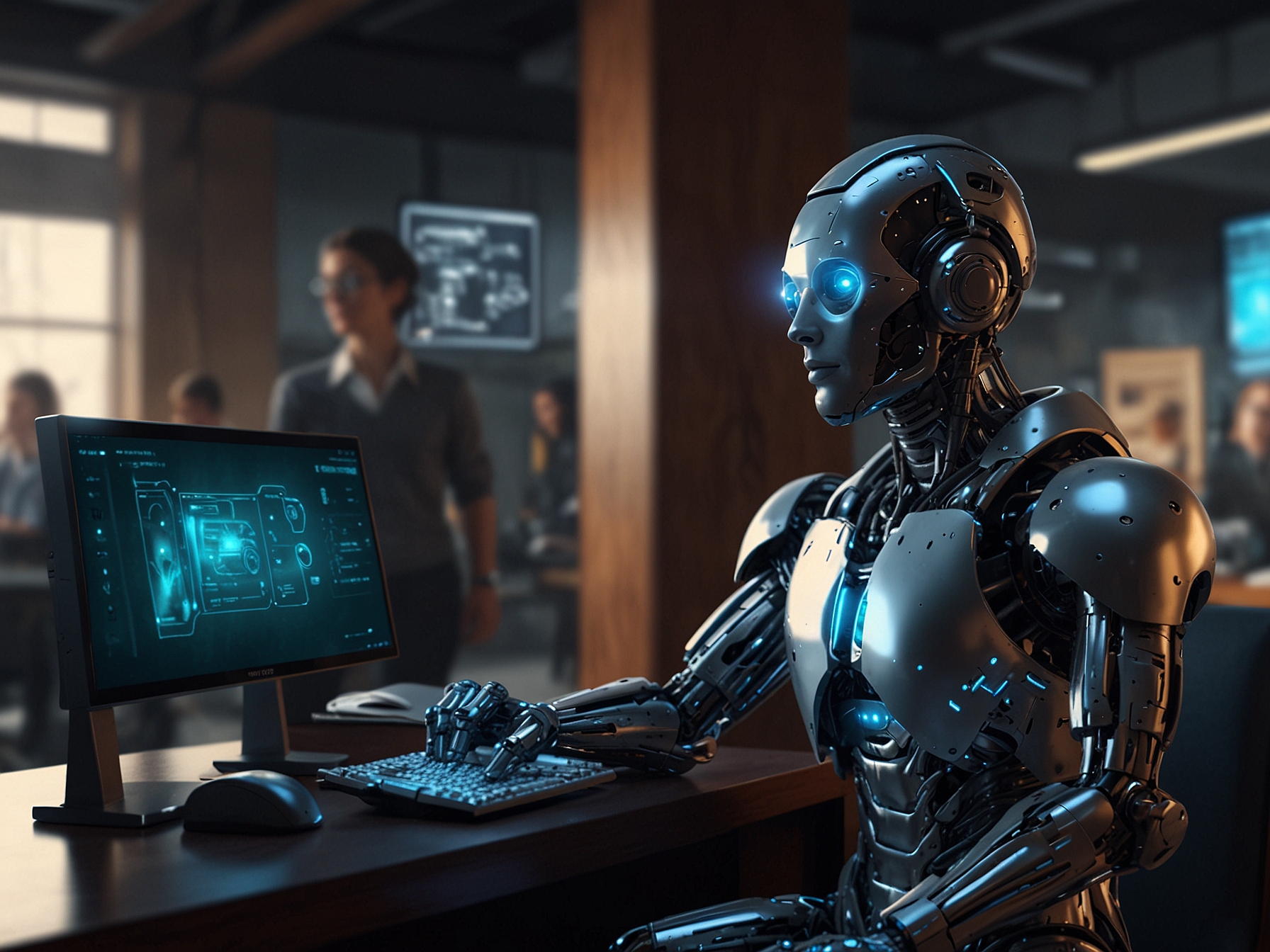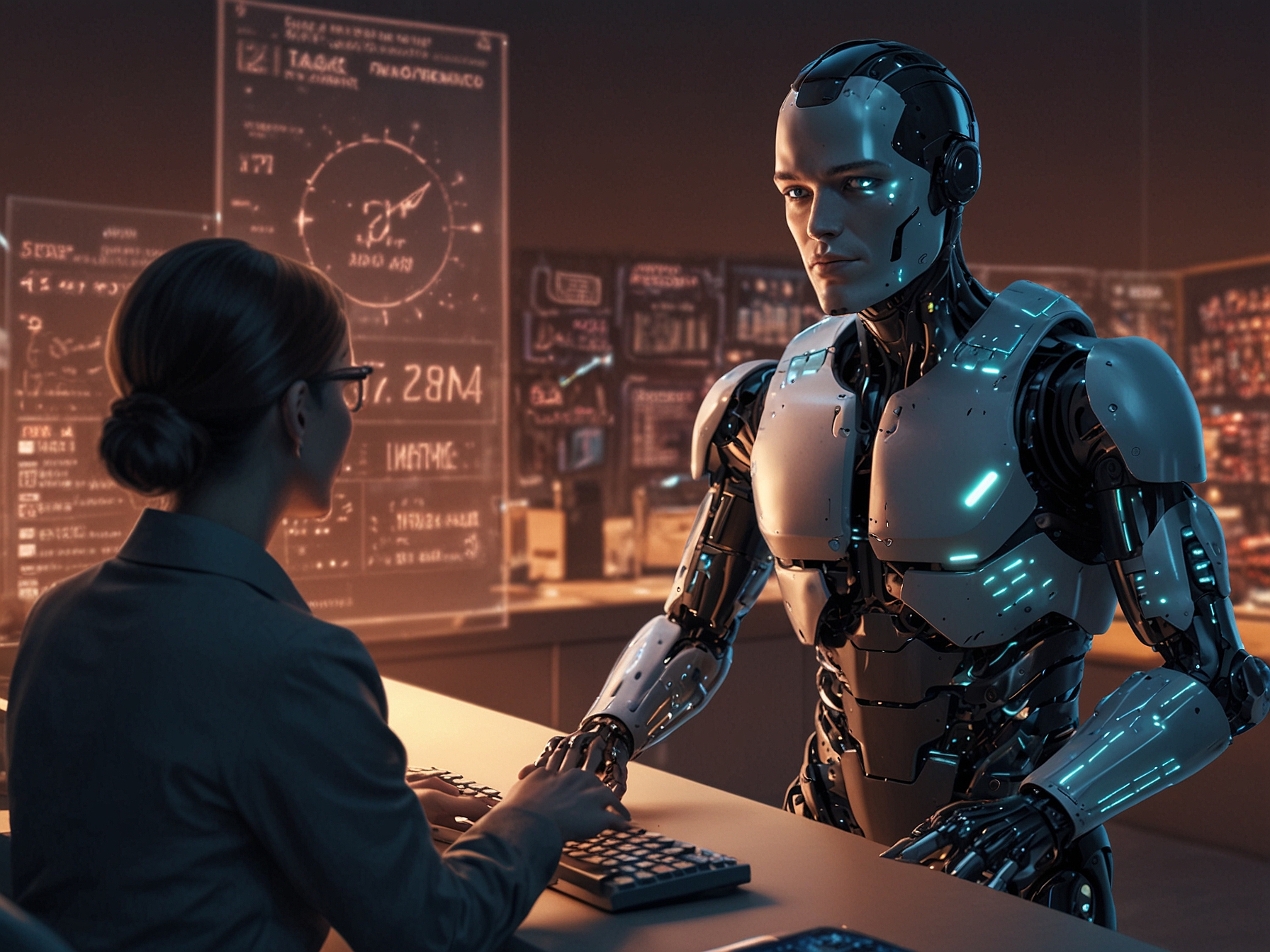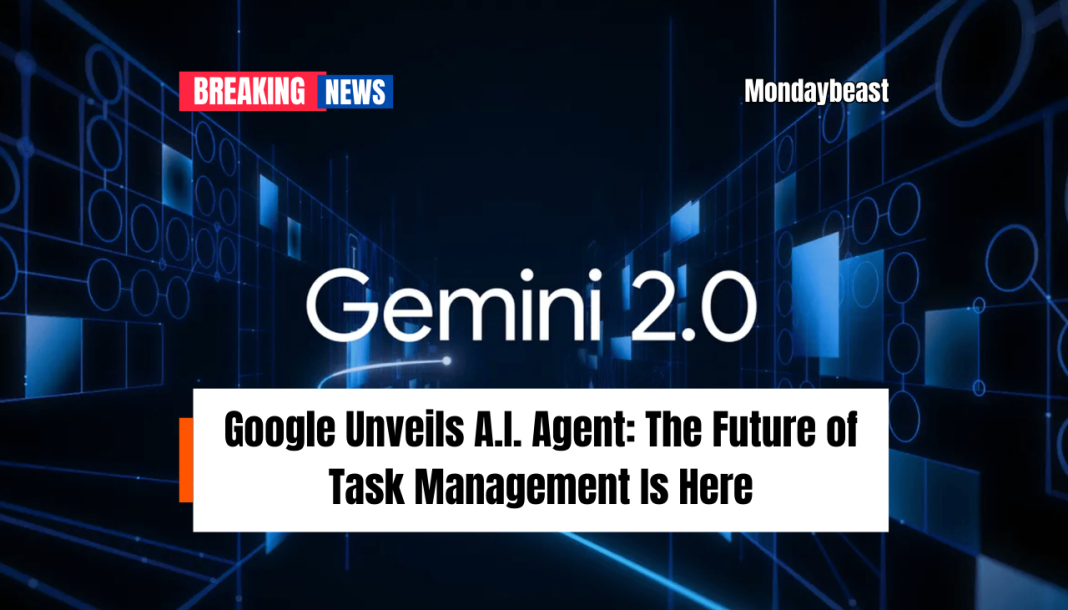The Rise of A.I. Agents
Google has just revealed its latest innovation: an experimental A.I. agent called Mariner. This technology is designed to simplify our lives by performing tasks autonomously. Isn’t it fascinating to think of a world where our computers can do mundane chores for us? In a society constantly seeking efficiency, the potential benefits seem almost endless.
Imagine how much time we could save. Picture waking up to a digital assistant that has already completed your grocery shopping. Or thinks ahead, filling your shopping cart with items you often buy, ready for your review. This probes the imagination. What will the future hold?
What is Mariner?

Mariner is built on Google’s cutting-edge technology, Gemini 2.0. This neural network can analyze vast amounts of data to recognize patterns and learn new skills. It will be able to navigate websites ranging from online stores to spreadsheets. Even more interesting, Mariner won’t just read information; it will take action on behalf of users. What a thrilling leap forward!
In an era where convenience is king, Mariner stands out. This tool promises to change how we interact with the internet. Yet, it raises more questions than answers. Will we become too dependent on A.I. for our daily tasks? How will it impact our creativity and productivity?
Functions and Features of Mariner
Jaclyn Konzelmann, a Google project manager, explains it well. Users will input requests into their web browsers, and Mariner will act as a helpful assistant. It could fill up your shopping cart while you browse. But it won’t hit the purchase button without your say-so. This ensures human oversight, a must in any A.I. integration.

The technology’s take on human interaction is both refreshing and concerning. Will we trust this A.I. with our sensitive information? While it’s designed to assist, our privacy fears loom large. Does convenience outweigh the risks?
The Challenges Ahead
Despite its impressive capabilities, Mariner is still not perfect. Like all A.I., it can make mistakes. We’ve seen chatbots that sometimes misinterpret requests. In Mariner’s case, that could mean incorrectly filling your cart or accessing sensitive data wrongfully. So, can we really trust it?
Konzelmann admits, “Is it always accurate? Not yet.” This honesty is refreshing. It’s crucial not to forget the potential for error, especially in a hyperconnected world where trust is paramount.

As much as we crave innovation, challenges abound. Google faces scrutiny from the Justice Department. The call for a breakup of Chrome could complicate the rollout of this project. What does that mean for our tech landscape? Could we see a divide in service quality?
Broader Implications for A.I. Technology
Mariner is not an isolated development; it sits amid a broader trend of tech giants exploring A.I.’s potential. OpenAI and Anthropic are also racing forward with similar agents. This surge in development raises questions about competitive advantages. Will Google remain at the forefront, or will challengers emerge?
A.I. agents like Mariner could redefine digital interaction. They might ease workloads for millions or create new avenues for inefficiency and error. The stakes are high, and the discussion around these emerging technologies is more pertinent than ever.
What Comes Next?
As Google begins sharing Mariner with select testers, the world watches closely. Will this prototype evolve into a widely used tool? Or will concerns over privacy and efficacy hinder its potential? The answers remain murky.
Sundar Pichai envisions a future where A.I. enhances our lives in unprecedented ways. But can we trust A.I. agents to execute our tasks? Do we embrace this technology, or does a part of us hold back?
The conversation about A.I. is just starting. While technology promises convenience, it can also evoke fear. It empowers, yet it can also overwhelm. How do we navigate this evolving landscape while retaining our individuality?
Final Thoughts
Mariner brings us closer to that dream of a universal assistant. A tool that works alongside us, promising to make our lives easier. But as we move forward, it’s essential to balance hope with caution. In this brave new world of A.I., our relationship with technology will shape our future.




